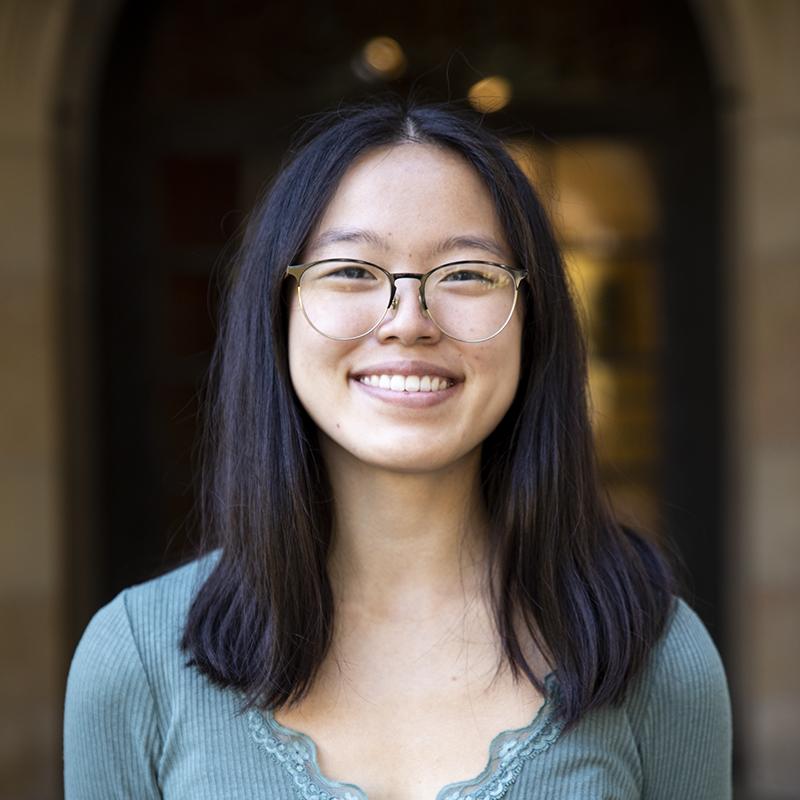IN THE NEWS:
Xu was a senior staff writer for Arts & Entertainment. She previously served as the Arts editor from 2021-2022, the Music | Fine Arts editor from 2020-2021 and an Arts reporter from 2019-2020. She was a fourth-year neuroscience and anthropology student from Philadelphia, Pennsylvania.
Xu was a senior staff writer for Arts & Entertainment. She previously served as the Arts editor from 2021-2022, the Music | Fine Arts editor from 2020-2021 and an Arts reporter from 2019-2020. She was a fourth-year neuroscience and anthropology student from Philadelphia, Pennsylvania.
Pant is the assistant News editor for Science and Health. She was previously a News contributor. Pant is a second-year economics student who enjoys writing about sustainability and public health.
Pant is the assistant News editor for Science and Health. She was previously a News contributor. Pant is a second-year economics student who enjoys writing about sustainability and public health.
COMMENTS


